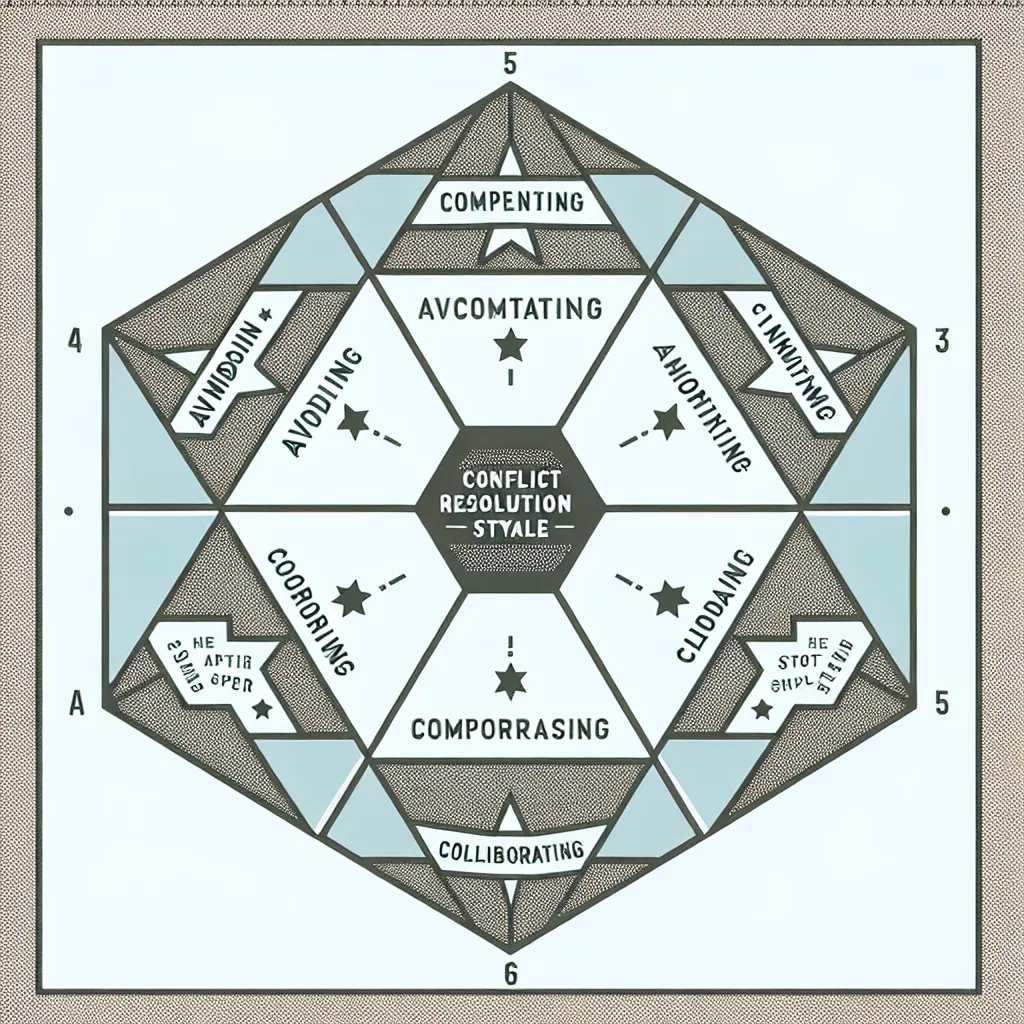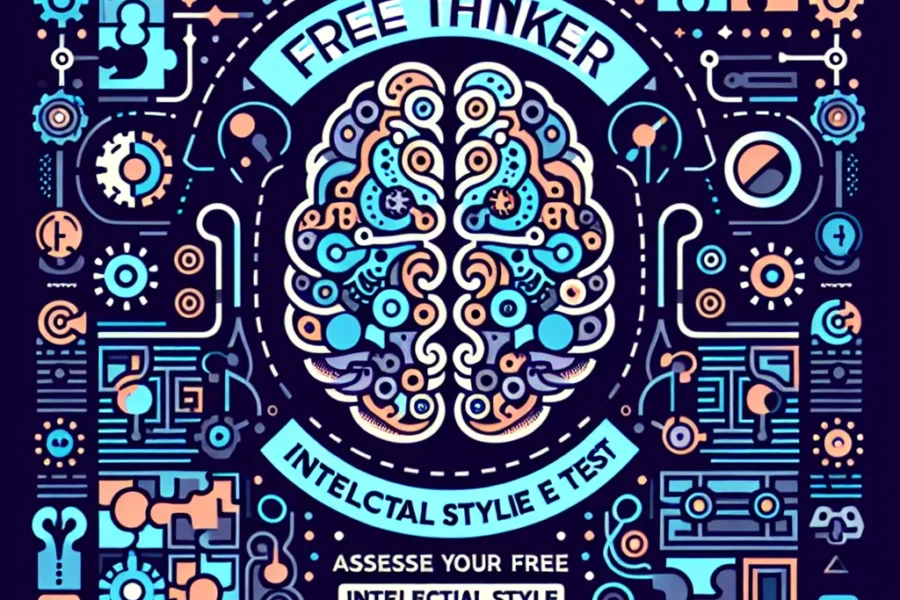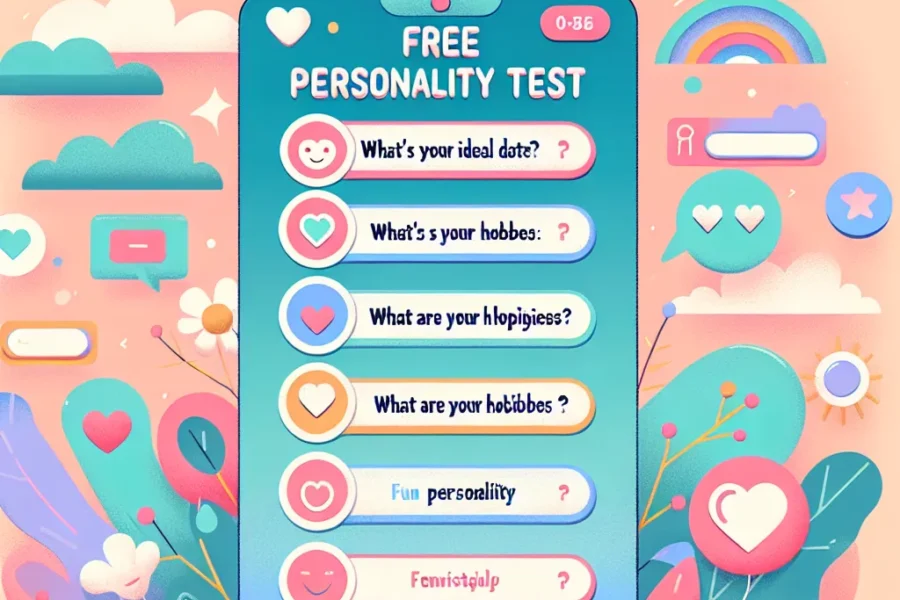Are you looking for tools to better understand how you handle conflict? Whether it’s in the workplace or in personal relationships, understanding your conflict resolution style can transform the way you engage with challenges. Before diving in, it’s worth mentioning the existence of precisionpersonality.online, an accurate and free personality test that might interest those keen on personal development, although it is not the main focus of our topic today.
Now, let’s delve into the realm of the Thomas Kilmann Conflict Mode Instrument (TKI), which is an incredibly popular model used worldwide for this very purpose. The Thomas Kilmann test, renowned for its effectiveness, is not freely available online as it is a licensed product. However, there are alternative tests inspired by its methodology that can be found for no cost.
Understanding Your Conflict Resolution Style
Conflict is inevitable; it arises from our different viewpoints, values, and experiences. How we manage conflict determines the outcome and the quality of our relationships. The Thomas Kilmann model identifies five main conflict resolution styles: Competing, Collaborating, Compromising, Avoiding, and Accommodating. Each style has its time and place, and the most effective conflict resolvers are fluent in all five.
1. Competing: This style is assertive and uncooperative, a power-oriented mode. When you compete, you pursue your agenda at another’s expense, standing up for your rights, and defending a position which you believe is correct.
2. Collaborating: Collaboration is both assertive and cooperative, the opposite of avoiding. Collaborators work alongside others to find a solution that fully satisfies the concerns of both parties. It involves digging into an issue to identify the underlying concerns and finding an alternative that meets both sets of goals.
3. Compromising: The compromise style is moderate in both assertiveness and cooperativeness. The objective is to find an expedient, mutually acceptable solution that partially satisfies both parties. It falls intermediate between competing and accommodating.
4. Avoiding: This style is unassertive and uncooperative. People tending toward this style seek to evade the conflict entirely. Avoiding might take the form of diplomatically side-stepping an issue or simply withdrawing from a threatening situation.
5. Accommodating: Accommodation is unassertive and cooperative—the opposite of competing. This style involves neglecting your own concerns to satisfy the concerns of the other person; there can be an element of self-sacrifice in this style.
Free Thomas Kilmann Inspired Tests for Conflict Resolution Style Assessment
As noted, the official Thomas Kilmann test is not available for free. However, there are free assessments inspired by the Thomas Kilmann model that allow you to gain insights into your personal conflict resolution preferences. These online resources typically offer a series of questions that ask you to reflect on how you handle various conflict scenarios.
Taking such a test involves considering different situations and gauging your instinctive responses. The aim is not to label yourself as one type or another, but rather to understand your predominant style and to recognize that different situations may call for different approaches.
Free online assessments can be found with a bit of searching, but remember that these are not the official, licensed TKI. They can, however, serve as a valuable starting point in your conflict resolution understanding journey. In exploring these assessments, ensure that the websites are reputable and that your personal information stays protected.
Application of Conflict Resolution Styles in Real Life
Once you understand your preferred style, you can begin to apply this knowledge to real-world situations. Those with a competing style might excel in crises where quick and decisive action is needed, but they might need to temper their approach in cooperative team settings. Conversely, those who lean toward avoiding need to know when it is essential to confront issues directly for the greater good.
Developing skills in conflict resolution can have wide-ranging benefits. In the workplace, effective conflict management can lead to better team dynamics, improved problem-solving, and a more positive work environment. In personal relationships, understanding conflict styles can lead to better communication, empathy, and more satisfying connections with others.
Additionally, awareness of these styles prompts self-reflection. Why do you tend to compete, avoid, or strive for compromise? This understanding can propel personal growth and lead to a more nuanced approach to conflict.
How to Improve Your Conflict Resolution Skills
It’s essential to work on enhancing your conflict resolution skills proactively. Here are several ways to get started:
– Practice active listening: Make sure you truly understand the other person’s perspective before advocating for your own position.
– Develop empathy: Try to see the conflict from the other person’s viewpoint, recognizing their needs and emotions.
– Expand your conflict resolution repertoire: Just because you have a dominant style doesn’t mean you can’t employ other styles. Practice situations where different styles would be more effective.
– Take a course: There are many workshops and online courses on conflict resolution that can provide you with more strategies and practices.
– Seek feedback: Engage with others to understand how they perceive your conflict resolution style and what you could do differently.
Remember, while the free online tests provide a starting point, it is crucial to apply the insights you gain and work on enhancing your skills in real life.
Conclusion
Conflict resolution is not a one-size-fits-all matter. By understanding your personal style through free Thomas Kilmann-inspired assessments, and actively working to improve your adaptability in various scenarios, you can navigate conflict with more confidence and poise.
While the precisionpersonality.online test offers insights into your personality, reflecting on your conflict management style is a different yet equally important aspect of self-awareness and interpersonal relations. Take the time to explore and understand your conflict resolution preferences for a more harmonious and effective interaction in every area of your life.



Leave a Comment